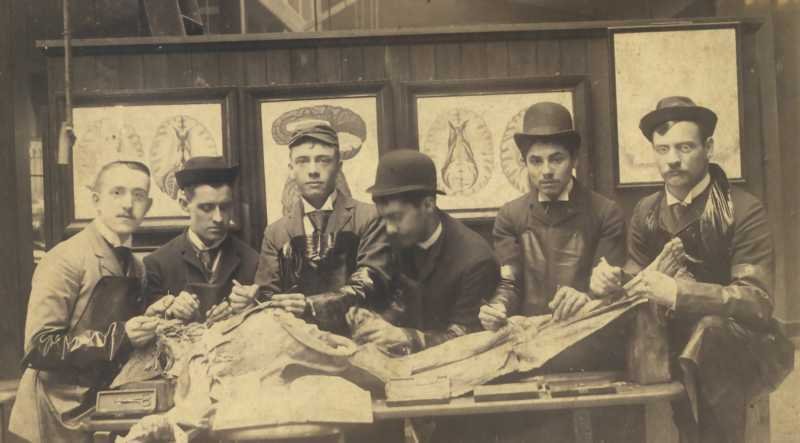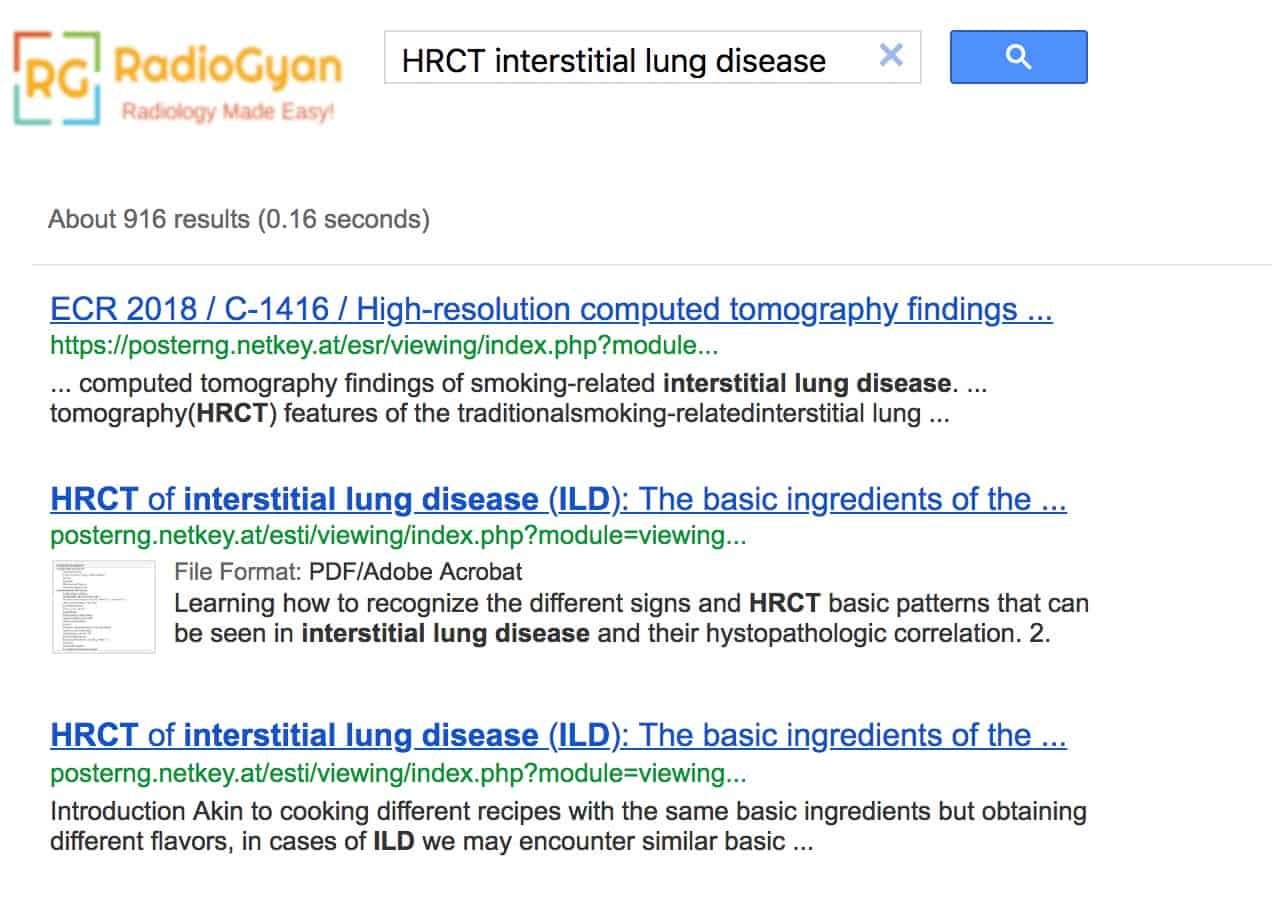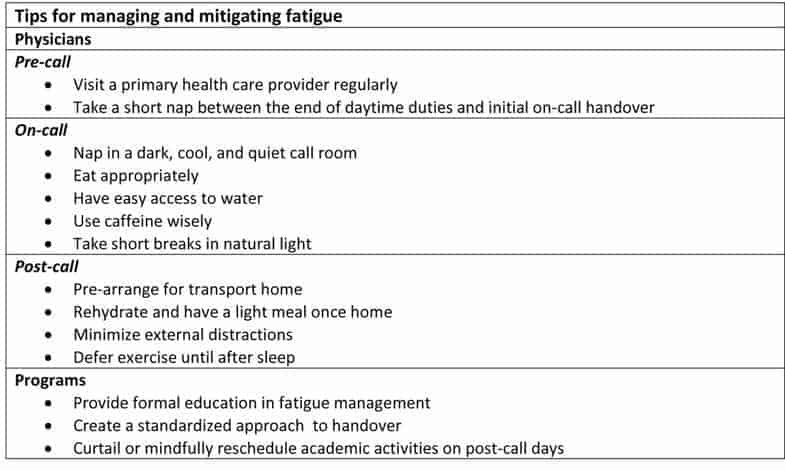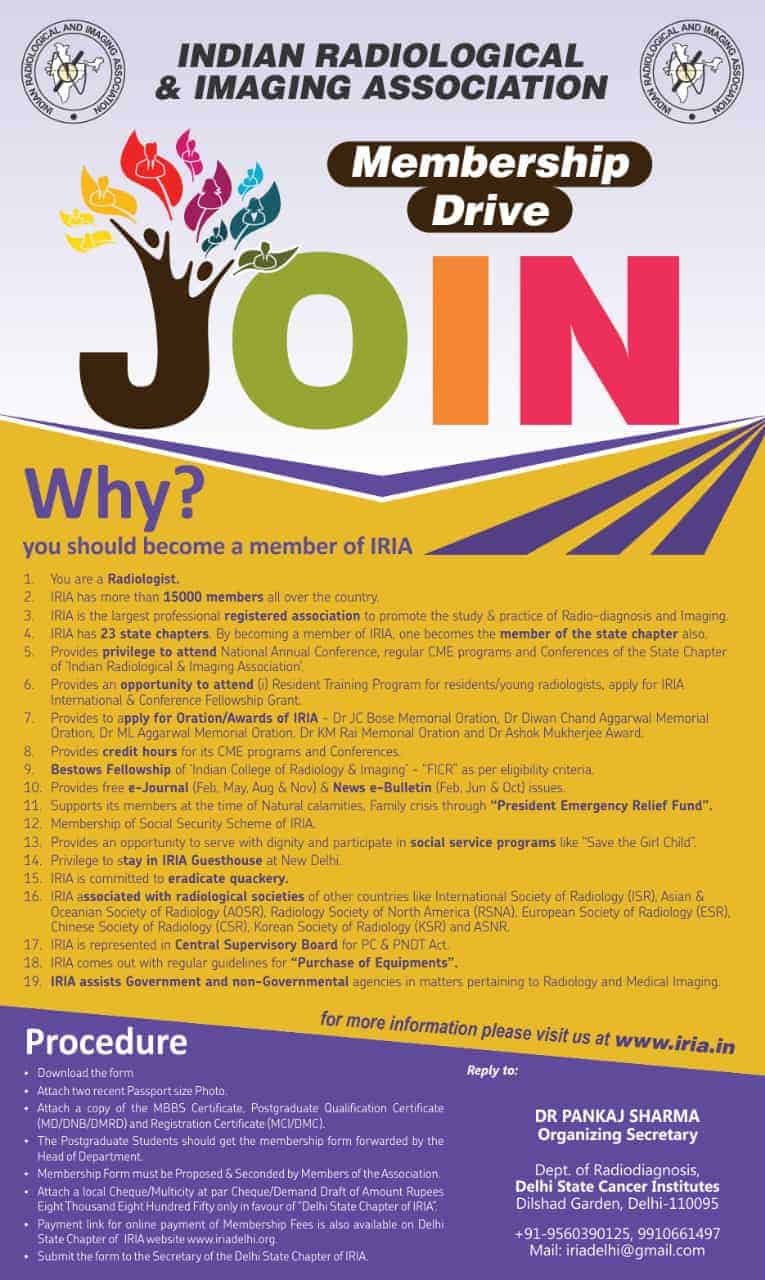This article is due for an update. In the meantime you can checkout our course for early career residents: Head Start Radiology

Congratulations and welcome to Radiology- The most sought after the branch in medicine. There are lots of things to learn in radiology. I am sure your friends must have discouraged you from taking up radiology, claiming it to be a “non-clinical” branch. But I am glad that you did not pay heed to that advice and took up this branch. Radiology is as clinical a branch as you want it to be! You need to know something about every specialty, be it Surgery, Medicine, OBGY, Pediatrics, etc. The more clinical knowledge you apply in radiology, the more narrow your differential diagnosis will be. You can read more why you made the right choice, read our article on Why radiology?
When we start off radiology, it is an uncharted territory for us as we have little exposure to it during our MBBS. It’s difficult to gauge where to start. Seniors are always around to help, but not everyone will be as lucky as me to find good seniors who guide well. Hence I thought of writing a guide for first-year radiology residents. It’s not a fool-proof system (as everything in radiology is), but PROBABLY you will find this useful!
Some of these are directed towards first-year radiology residents in India starting their post-graduation (MD/DNB/DMRD) in India but most of them are generic.
If you have any suggestions or feedback do contact us.
Tips for first-year radiology residents:
- The first step is to buy radiology books. The problem I see with residents is that they will start off with online material and end up browsing one website after another and end up gaining nothing. Browse through the list of radiology books here. You can start with Felson’s Chest Roentgenology, Rumack Diagnostic Ultrasound and Sutton Textbook of Radiology.
- For normal anatomy, you can refer to anatomy modules here. In your department you MUST have these books handy: Imaging Atlas of Human Anatomy and Pocket Atlas of Sectional Anatomy Muller. Here is the complete list of recommended books: Recommended Books for Radiology Residents. Later you can go through the following pages:
- Cases: Images with a to-the-point discussion highlighting the specific diagnostic criteria
- Videos: Videos with a short description of learning points from them.
- Articles: Journal Club and descriptive posts about specific pathologies. Includes power-point presentations on important exam topics.
- Spotters: Spotters are very important components of the radiology practical exams. Sets of 10 spotters timed for 10 min.
- Anatomy: Go through head-to-toe anatomy reference modules
- Learning Radiology: Recognizing the Basics the book and Learning Radiology website are excellent tools for first-year radiology residents. Here are links to important pages from the website.
- Go through these collections of basic cases on Radiopaedia
- Browse useful resources from TeamRads website:
- You can browse the MCI curriculum for MD Radiodiagnosis. Here is the DNB radiodiagnosis curriculum with and the revised DNB radiodiagnosis curriculum. These include:
- Annexure-I – Syllabus
- Annexure-II- Details of the skills to be acquired during the training period
- Annexure-III- Sample cases for presentation and discussion
- Annexure-IV- Sample questions for concurrent assessment
- Annexure-V- Suggested the list of books and journals
- Annexure-VI- Guidelines for writing a thesis
- Annexure-VII- Guidelines for local appraisers for six-monthly assessment
- Annexure-VIII- Format for logbook
- Download the DNB Radiagnosis logbook
- Spend as much as time in your department as possible and get to know your colleagues and seniors.
- Treat your seniors and colleagues with respect. They are the ones who are going to help you throughout your residency.
- Develop a good rapport with your technicians. You will learn a lot from them. During my residency and practice often my technician has pointed out that subtle fracture that I have overlooked.
- Be responsible. Your priority should be patient care. Once you are good with that, learning will come for sure.
- Try to make your own presentations for inter-department rounds rather than copy-pasting it from other sources. You can use this custom search page for radiology presentations to help you with various presentation topics.
Here is an example from the search engine:

- Usually, every department has at least one faculty member who is interested in teaching. Try to gain the maximum from them. The more interest you show, the more enthusiasm faculty members will have to teach.
- Have a small diary to note down whatever you learn and topics that you are supposed to know.
- Follow-ups are the most neglected part of the residency. Radiology cases in actual practice are seldom as classic as those seen in the textbooks. As a resident, you should inculcate the habit of keeping follow-ups. This is particularly difficult in institutes that do not have an Electronic Medical Record (EMR). In such cases, you keep in touch with the treating physician or note down the patient’s phone number with the case details.
- You will be assisting your seniors in daily routine work which tasks that ‘seem insignificant’, like history taking and taking consent. But trust me these are as important to know as reporting. Also if you work at a center that has intervention, more you assist procedures, more you will be confident in doing them yourself.
- Consent, INFORMED consent to be specific is important before any procedure. I am sure all of you have time constraints considering the kind of work-loads our hospitals have. Try to device a concise yet complete informed consent. You can team up with your seniors and batchmates to form a checklist for each radiology procedure. The most important yet neglected part of the consent is to take a pause after explaining the procedure and ask the patient if he/she has understood what you explained and if he/she has any questions regarding the procedure. Here is an excellent real-life video demonstration by Dr. Bhavin Jhankaria about how to take consent:
- DO NOT BECOME COMPLACENT! You will gain maximum knowledge during your first-year postings. Some students have this sense of achievement after coming to radiology. But that is the past and new are starting afresh here from scratch. So stay grounded!
- Not all centers will have all good things. Identify what your center is good for and master that instead of cribbing about what it doesn’t have. For eg. Our center, Tata Memorial Hospital did not have a lot of obstetrics cases. But we did lots of biopsies, interventions, and research. We can fill up the lacunae after we complete our graduation.
- Try to read physics, ultrasound, and chest radiography as much as possible. DO NOT jump to CT and MRI.
- Do not attend radiology conferences right at the start. You will not benefit a lot. Wait for a few months so that you have basic knowledge about radiology.
- Go through this page for a list of useful software. Word processors can help you save a lot of time.
- Present as many cases/ seminars in the department as possible. This will not only help you during exams but will also develop your confidence in public speaking.

- Emergency duties are inevitable and they can take a toll on your health, both physical and mental. Do take good care of your health. Both physical and mental health. Go through this article for strategies to manage and mitigate fatigue due to work. Here are the salient points:

Puddester D. Managing and mitigating fatigue in the era of changing resident duty hours. BMC Medical Education. 2014;14(Suppl 1): S3.
- Recently I read this article about a PGI resident committing suicide owing to work pressure. Remember there are better ways to deal with stress.
Suicide is a permanent solution to a temporary problem.
-Phil Donahue
- Try to get acquainted with research methodology. You can start with poster presentations at RSNA and ECR. Publications and research are a quintessential part of medicine. You need to have publications to your credit to stand out amongst others when you apply for job positions or fellowships.
- Professional insurance:
- ALL residents must take up professional insurance.
- You can read more about it here: MLAG Indemnity insurance FAQs.
- You can apply for United India Assurance Indemnity insurance here: MLAG INDEMNITY through United India Insurance Company Ltd *
- Here is the take of Dr. Neeraj Nagpal from Medicos Legal action group:
DO RESIDENT DOCTORS/TRAINEES NEED INDEMNITY INSURANCE?
Yes, for this refer to following cases: Amit Sarkar vs PGI, Mrs. Suman vs Government Multi-Speciality and Sichendra Kumar vs Dr. Kiran Kathpalia
- Once you are acquainted with the basics of radiology, go through as many cases as possible. This list of case-based learning websites would be helpful.
- Start preparing for your thesis in the first year itself. Here is a detailed guide on Radiology Thesis topics with more than 300 topics for reference:
- Get enrolled in radiology organizations and societies as first-year radiology residents.
- International societies offer free membership for residents in training. All you need is a letter from the department head. You will get free access to paid content which includes all the latest articles and webinars. Also, you will get free/ cheaper access to online conferences. These are available even if you are a fellow in training.
- RSNA resident membership
- ASNR Member in training
- ESR membership: Corresponding membership is free even for practitioners.
- Society of Thoracic Radiology: You can also read our post about the STR here: Cardiothoracic Radiology Cases and other resources from the Society of Thoracic Radiology
- IRIA membership: Get a lifetime membership. You will get all the radiology conference updates to your email and registered phone number. Student members are also entitled for scholarships for international radiology conferences like the RSNA. Download the PDF form here: IRIA registration form.
- International societies offer free membership for residents in training. All you need is a letter from the department head. You will get free access to paid content which includes all the latest articles and webinars. Also, you will get free/ cheaper access to online conferences. These are available even if you are a fellow in training.

1. You are a Radiologist.
2. ‘Indian Radiological & Imaging Association’ (IRIA) has more than 10000 members all over the country.
3. IRIA is the largest professional association (registered) to promote the study and practice of Radio-diagnosis and Imaging.
4. IRIA protects and preserves the interest of members.
5. IRIA has 22 state chapters. By becoming a member of IRIA, one becomes the member of the state chapter also.
6. Provides privilege to attend National Annual Conference of ‘Indian Radiological & Imaging Association’.
7. Provides an opportunity to attend regular CME programs and Conferences of the State Chapter.
8. Provides an opportunity to attend regular CME programs organized by its academic wing called ‘Indian College of Radiology & Imaging’.
9. Provides an opportunity to attend (i) Resident Training Program for residents/young radiologists and apply for IRIA International Travel Fellowship Grant.
10. Provides an opportunity to do “Short Term Training Program in Radiology”.
11. Provides to apply for Oration/Awards of IRIA- Dr. J.C.Bose Memorial Oration, Dr. Diwan Chand Aggarwal Memorial Oration, Dr. M.L.Aggarwal Memorial Oration, Dr. K.M.Rai Memorial Oration and Dr. Ashok Mukherjee Award.
12. Provides ICRI credit hours for its CME programmes.
13. Bestows Fellowship of ‘Indian College of Radiology & Imaging’ – “FICR” as per eligibility criteria.
14. ‘Indian College of Radiology & Imaging’ organizes Orations and Awards.
15. Provides free Journal (Indian Journal of Radiology & Imaging)- February, May, August, and November issues.
16. Provides free IRIA News Bulletin- February, June and October issues.
17. Solves the Trade Complaints of its members and organizes Healthcare Industry Committee meetings.
18. Supports its members at the time of Natural calamities, Family crisis through “President Emergency Relief Fund”.
19. IRIA is both a professional and social platform for Radiologists.
20. Provides an opportunity to serve with dignity and participate in social service programs like “Save the Girl Child”.
21. Privilege to stay in IRIA Guesthouse at New Delhi.
22. IRIA is committed to eradicating quackery.
23. National and state chapter directories are published on a regular basis.
24. Life membership certificates are provided to members.
25. Provides a network with other state chapters of IRIA- transfer of membership from one state chapter to other.
26. Provides free download of RSNA Journals.
27. IRIA has its own website www.iria.in
28. IRIA associated with radiological societies of other countries like International Society of Radiology (ISR), Asian & Oceanian Society of Radiology (AOSR), Radiology Society of North America (RSNA), European Society of Radiology (ESR), Chinese Society of Radiology (CSR), Korean Society of Radiology (KSR) and Radiological Societies of SAARC Countries (RSSC)
29. IRIA is represented in Central Supervisory Board for PC & PNDT Act.
30. IRIA comes out with regular guidelines for “Purchase of Equipment”.
31. IRIA assists Government and non-Governmental agencies in matters pertaining to Radiology and Medical Imaging. 32. Because you are a Radiologist.
- How to present a chest radiograph: Chest Radiograph description.
- A nice article on Chest radiograph interpretation by RadiologyAssistant: Chest X-Ray – Basic Interpretation
- Watch the following introductory videos:
Introduction to Radiology by Dr. Sumer Sethi
Radiology Basics
Introduction to Chest radiographs
Introduction to CT abdomen
Learning Radiology Videos (playlist)
Introduction to MRI physics (playlist)
Another great guide for first-year residents: How to Make a Good Impression as a First Year Radiology Resident
Best of luck and hope that all of you do well!
More Radiology resources
- Radiology resources – RadioGyan.com
- Normal Imaging Anatomy modules.: Learn and revise imaging anatomy. Links are divided by anatomy and modality.
- Cases: Radiology cases with important diagnostic points.
- Videos: Radiology videos from other websites with important teaching points highlighted.
- Spotters: Sets of 10 radiology spotters, one minute for each spotter.
- Articles: Descriptive articles on common imaging topics, including Journal club.
- Guide for first-year radiology residents.
- Guide for final year radiology residents.
- Guide to the FRCR exam
- Software: Links to common radiology software.
- Recommended Books for Radiology Residents.
- Radiology Conferences: Updates about upcoming radiology conferences and CMEs.
And last but not the least. Enjoy your residency. These are the best days of your life! There is much more to life than radiology.
This page will be updated regularly. Kindly leave your feedback in the comments or send us a message here.
* The website is not associated or affiliated with the insurance provider and due diligence is required on the part of the reader before finalizing the insurance.










Fantastic Amar.. bang on.. these are very useful tips for Radiology Residency. I was lucky to have you as a senior.. I hope this helps many many other students as I did during my residency.
Thanks Mehul!
That is the motive. To spread whatever little knowledge that I have.
Wow! Next year I expect to start radiology residency and this guide seems just fabulous.
Thank you so much!
Greetings from Portugal.
Glad that you liked it Artur.
I am planning to update it soon with more resources. Sign up for our email list to be updated: https://radiogyan.com/recommends/radiogyan-email-updates/
Nice
Radiology requires seniors and mentors like you sir!!! Thank you!!
Thanks a lot, Varshika. Glad you found it useful.
Feedback and suggestions are always welcome!
The blog was absolutely fantastic! Lots of excellent information that can be useful in one way or another. Keep updating the blog, waiting for more content .Good job, keep it up.
Glad you liked it!
Thank you so much sir. I’ve joined residency a month ago and this has been an excellent introduction to me.
Glad you liked it, Chandini. We conduct a course for early-career residents. You can read more and sign up to get notified here: Head Start Radiology